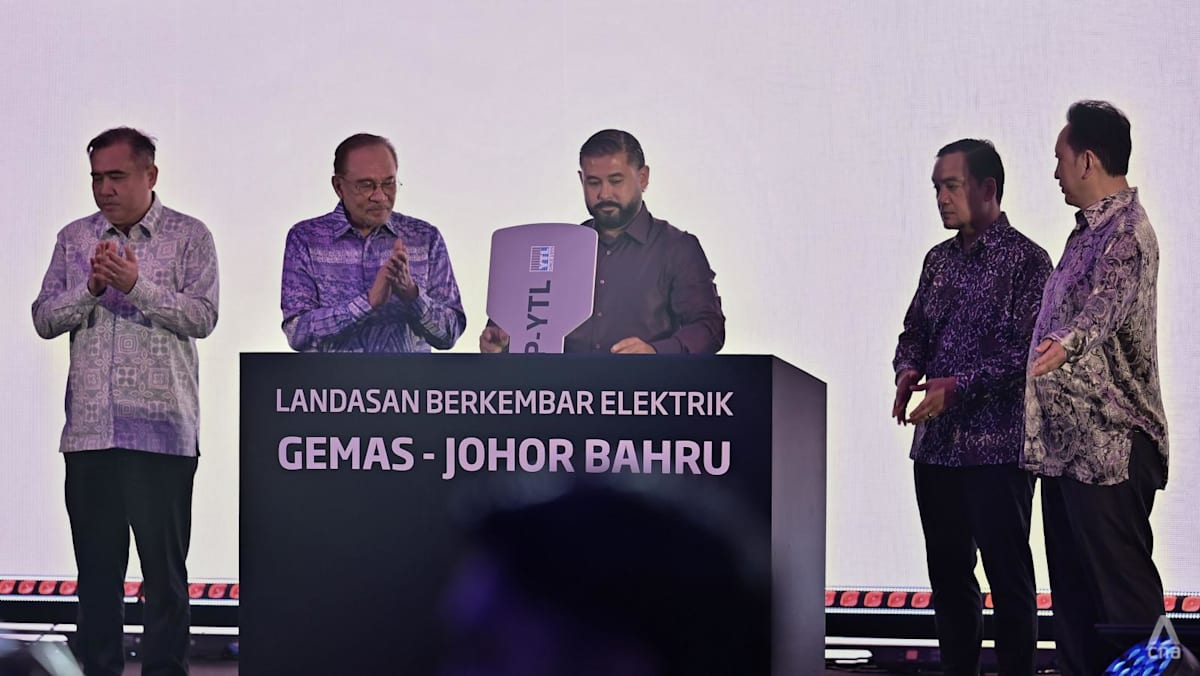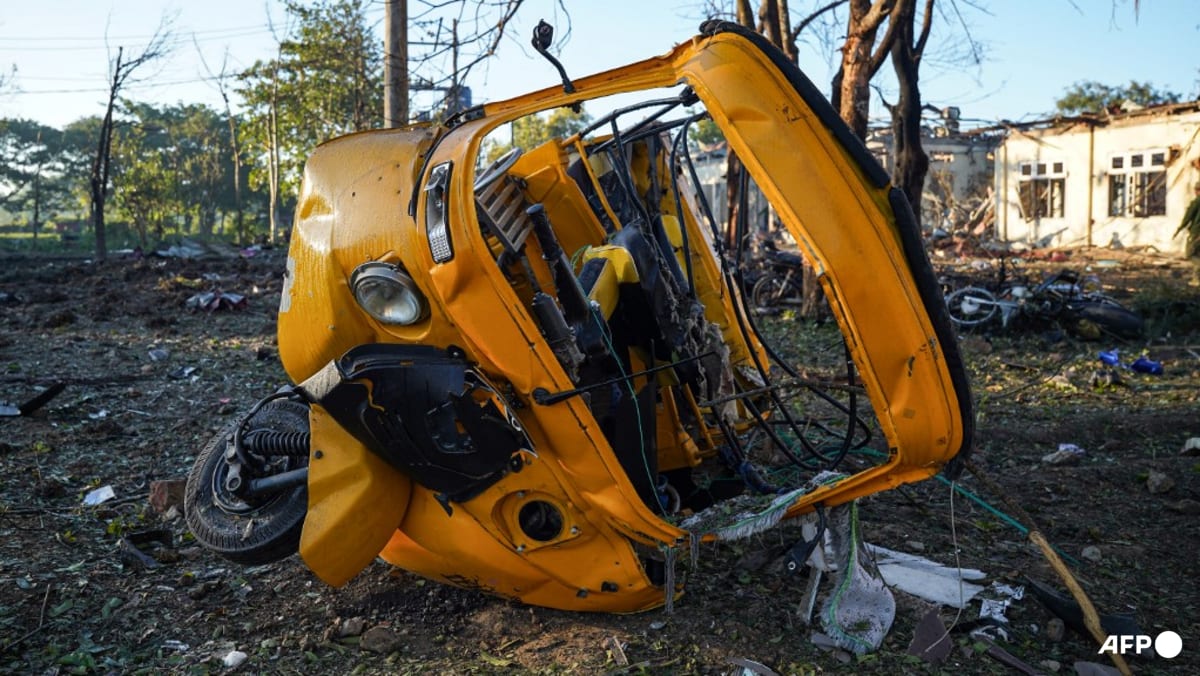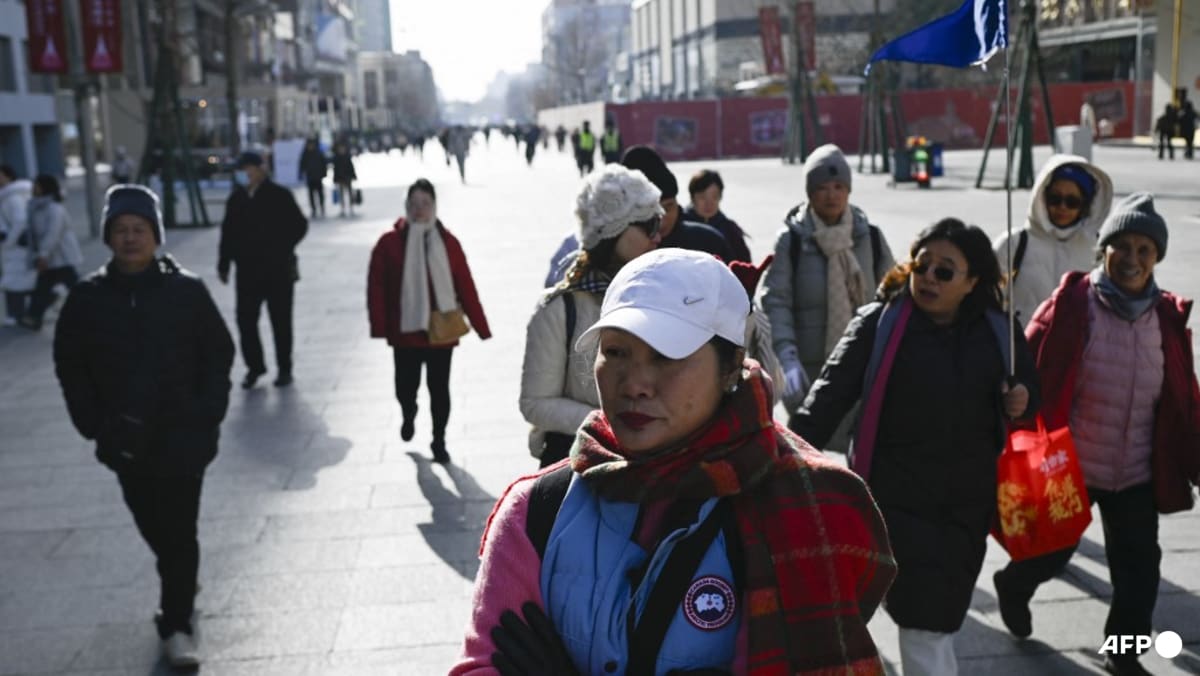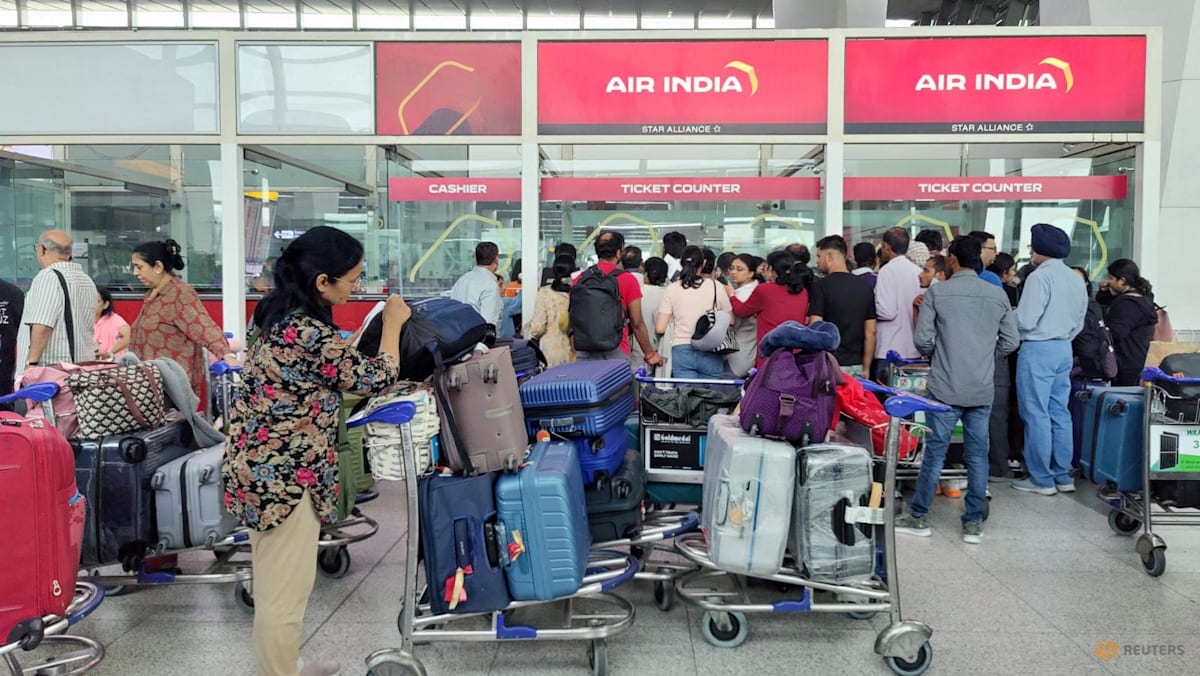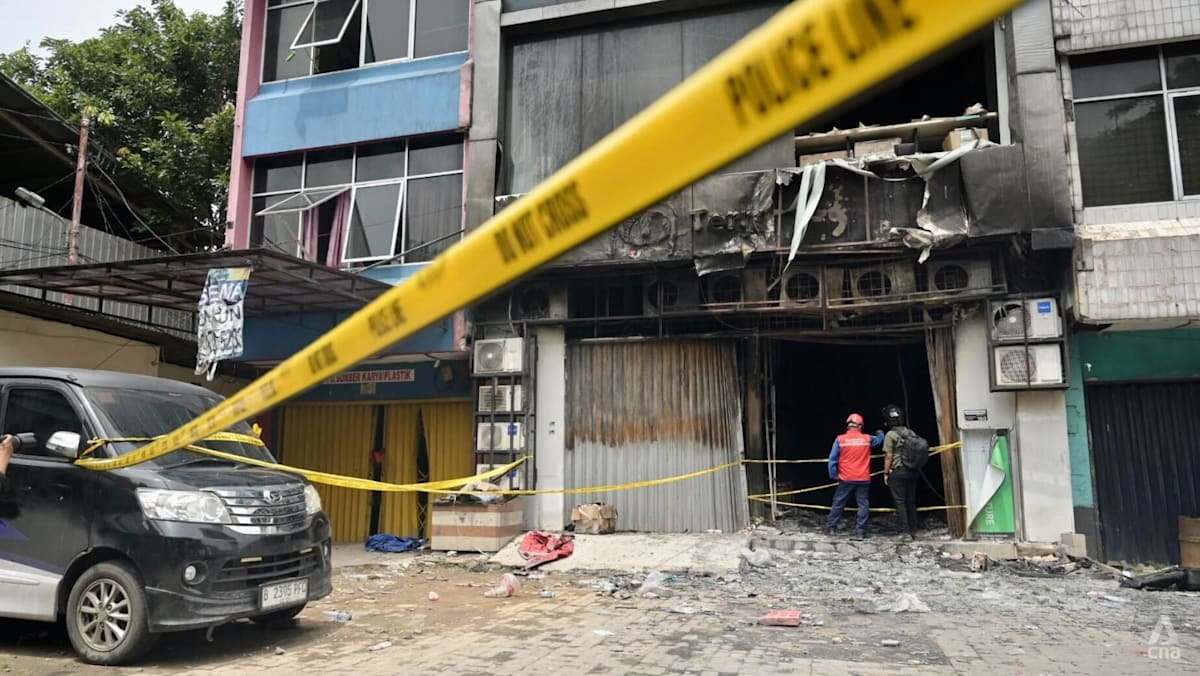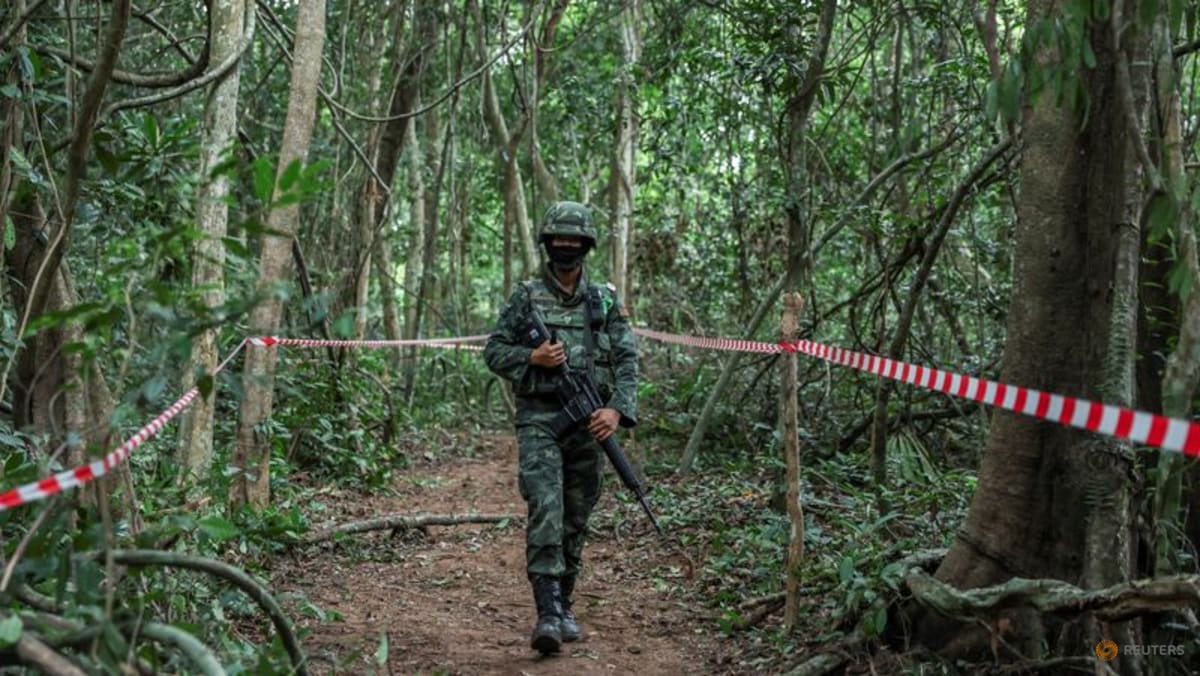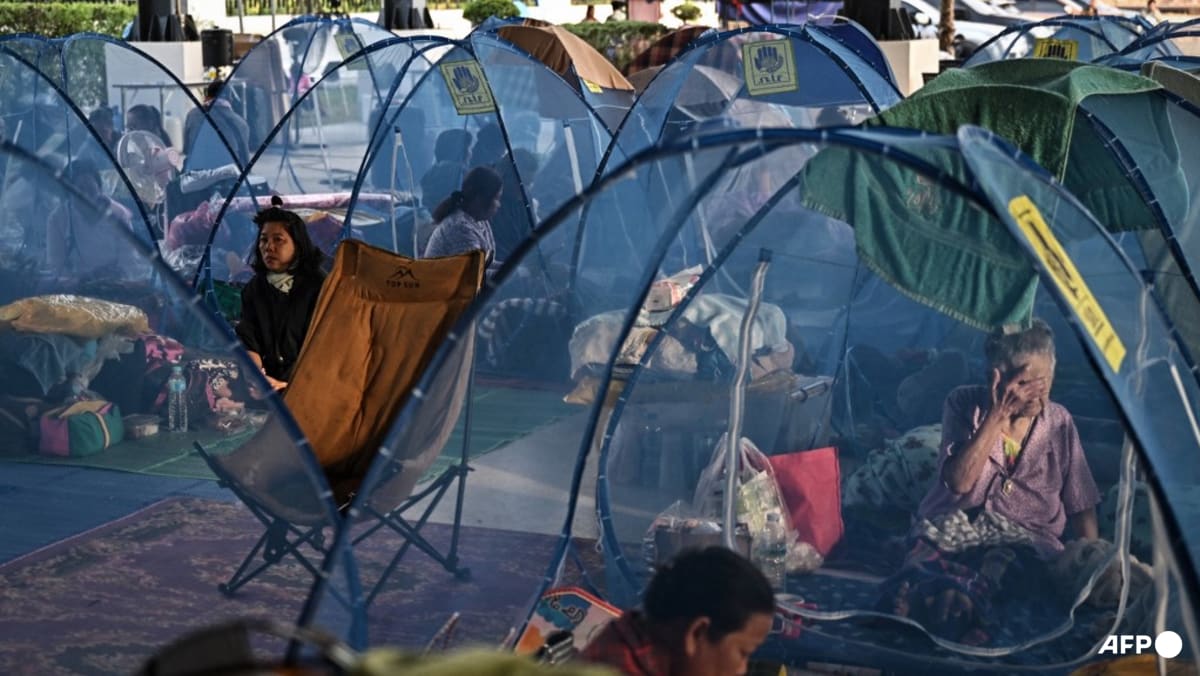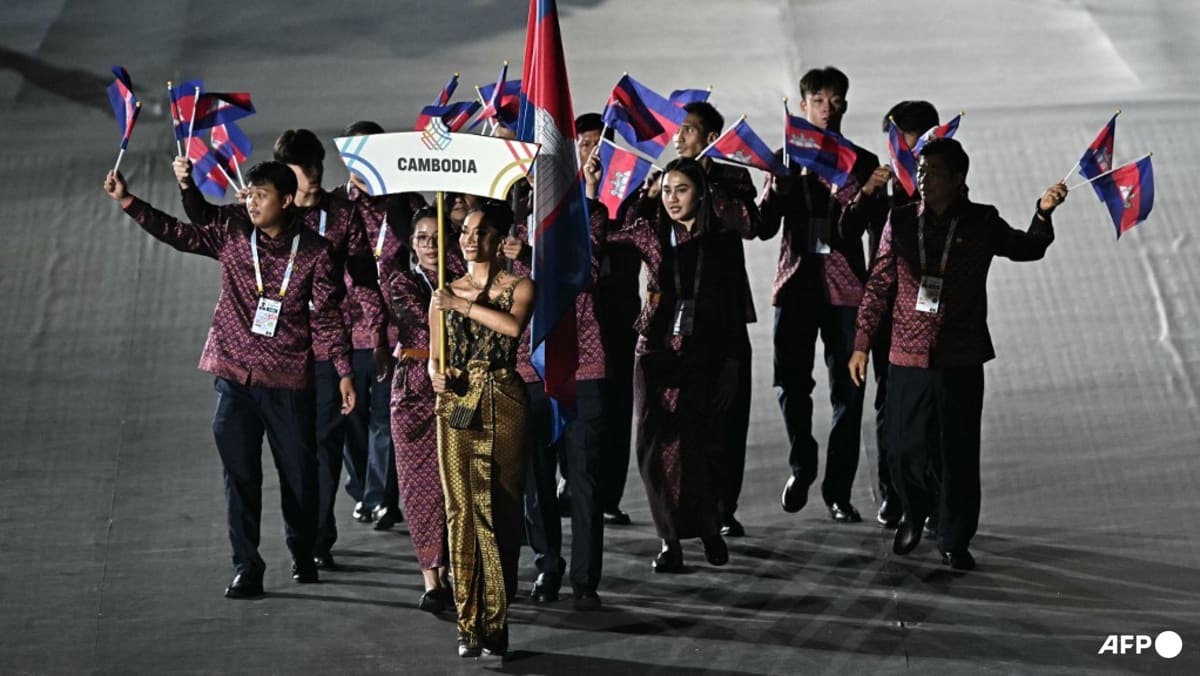Chinese state media stoked allegation Taiwan’s president would flee war: Report

TAIPEI: Taiwan’s outgoing President Tsai Ing-wen plans to flee in a US plane if war erupts with China, according to an unsubstantiated report first published in 2021 and echoed in the run-up to the island’s January 2024 general election.
Another story said Tsai had given her confidantes VIP “runaway” passes.
They are among the many unsupported tales of Tsai’s preparations to escape harm that have been fed into the island by Chinese state media outlets, according to an analysis conducted for Reuters by the Information Environment Research Center (IORG), a Taiwan-based non-government organisation.
The IORG analysis revealed that the narrative that Tsai planned to flee if war broke out with China, and that Taiwan’s military drills were rehearsals for this, originated with an outlet controlled by the Chinese Communist Party (CCP) in June 2021, and was quickly repeated by other official Chinese news sources.
Taipei has repeatedly said the reports are false. The government has not publicly detailed its plans for the leadership in the event of conflict. Reuters could not independently determine the existence of any such escape plans.
Reuters asked IORG to analyse the origin of the stories about Taiwan’s military drills because the exercises drew Chinese ire and significant international coverage.
IORG is a non-partisan group of social scientists and data analysts funded by academic institutions and organisations supported financially by Britain and the United States.
The organisation found over 400 stories portraying the military exercises, including the annual Han Kuang drills, as rehearsals for Taiwan’s leadership to desert, in what IORG said appeared to be a concerted attempt by Beijing to undermine the ruling Democratic Progressive Party (DPP).
China’s Taiwan Affairs Office, which is responsible for relations with Taipei, said in response to Reuters questions that IORG’s research included “fabricated and ill-intentioned” allegations.
It said China was the victim of “cognitive warfare” – attempts to influence public sentiment via propagation of misinformation – by the DPP. The party, the office said, had created a misinformation supply chain that hurt the feelings of compatriots.
The analysis of text articles and videos published between April 2021 and Jan 13, 2024, was conducted with data-processing technologies that enabled IORG to identify the origins of certain narratives and related keywords.
Despite Chinese influence efforts, the DPP’s Lai Ching-te was elected president on Jan 13, though the party lost its parliamentary majority. Lai will be inaugurated on May 20.
Beijing, which has long tried to force democratically governed Taiwan into accepting Chinese sovereignty claims, views Tsai and Lai as separatists.
China portrayed support for DPP candidates as a vote for war due to Lai’s refusal to accept Beijing’s position that Taiwan is part of “one China.” Lai had insisted throughout the campaign that he does not seek to change the status quo, in which Taiwan enjoys de facto independence but with very limited official diplomatic recognition.
Beijing has insisted on an eventual “reunification” with Taiwan, which the CCP has never ruled, into “one China”. It has not renounced the use of force to achieve that aim.
TALKING POINTS
Stories portraying the DPP leadership as warmongers who would flee in the event of conflict became talking points in Taiwan and were used by some media outlets and opposition politicians to criticise the DPP.
The number of stories often spiked at politically sensitive moments, such as then-US house speaker Nancy Pelosi’s 2022 Taipei visit and the annual military drills, according to IORG’s analysis. Discussion of these stories by opposition politicians and on social media also rose during these periods of elevated tensions, the analysis showed.
Around those periods, state media in Beijing and Fujian province near Taiwan, as well as Hong Kong-based media outlets that Taiwan intelligence officials say are linked to the CCP, published over 93 per cent of the 439 stories portraying the drills as preparations for key Taiwanese leaders to desert, IORG said.
Many stories were further amplified by pro-Beijing voices, including Taiwan-based media outlets and social media accounts, IORG found.
Taiwan’s defence ministry said in a Mar 7 report to parliament that Beijing had used state media and “local collaborators” to spread narratives that would weaken confidence in the government. It did not name the alleged collaborators.
The presidential office separately told Reuters that China was engaged in “disinformation warfare” against the island.
Taiwan’s main opposition Kuomintang (KMT), which favours closer ties with China but denies being pro-Beijing, said in response to Reuters questions that its criticism of the DPP did not mean it should “be accused as disloyal or mislabeled as a collaborator of ‘cognitive warfare’ by any external hostile force.”
The KMT added it opposes any “cognitive warfare” conducted by foreign forces, including Beijing, to interfere in Taiwan’s elections.
Source: CNA




